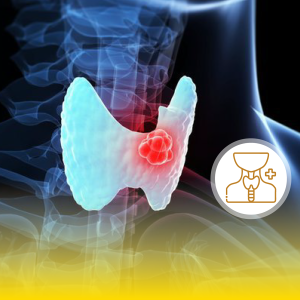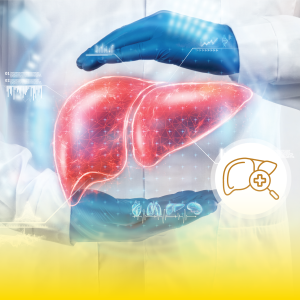Parasite testing
Parasite and peripheral blood tests help assess general health status, early detection of blood disorders, infections as well as the risk of infection with common worms and parasites. Through the quantification of blood cells and specific antibodies, the test can indicate anemia, allergies, or intestinal, liver, lung, and blood parasite infections.
Risk of infection is common in:
-
Children play on dirt, sand or come into contact with cats and dogs.
-
People who raise livestock, poultry, or do agriculture often come into contact with potentially contaminated water or soil.
-
People have the habit of eating raw salads, seafood, meat, and vegetables.
-
People with weak immune systems or poor hygiene.
Parasitic diseases can cause many serious complications such as damage to the liver, lungs, nerves, eyes and digestive system. Some cases also lead to prolonged abdominal pain, gastrointestinal bleeding, liver abscesses, or neurological disorders.
In addition, stool testing (stool examination, occult blood in stool) helps to directly detect eggs, larvae or signs of intestinal bleeding. This is an important method for early diagnosis, monitoring treatment effectiveness and preventing reinfection.
















